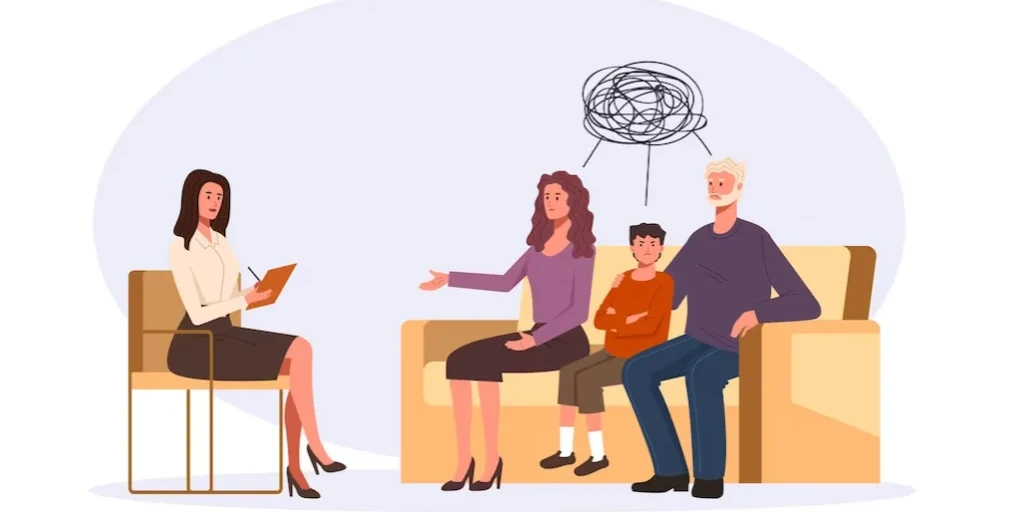24/7 Helpline:
(866) 899-221924/7 Helpline:
(866) 899-2219
Learn more about Crack Detox centers in Orangeville
Crack Detox in Other Cities

Other Insurance Options

Multiplan

Excellus

BHS | Behavioral Health Systems

Lucent

Premera

Humana

United Health Care

Absolute Total Care

Covered California

CareSource

Ceridian

Choice Care Network

WellPoint

BlueShield

Cigna

ComPsych

Providence

Kaiser Permanente

Molina Healthcare
Beacon









